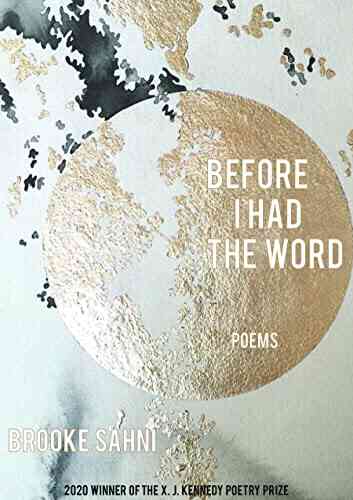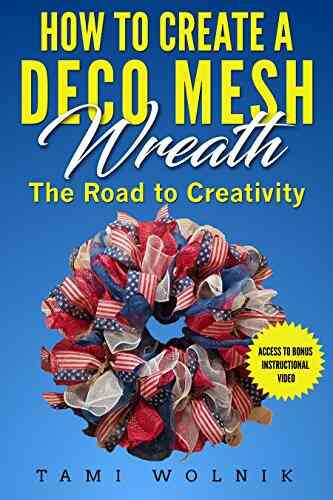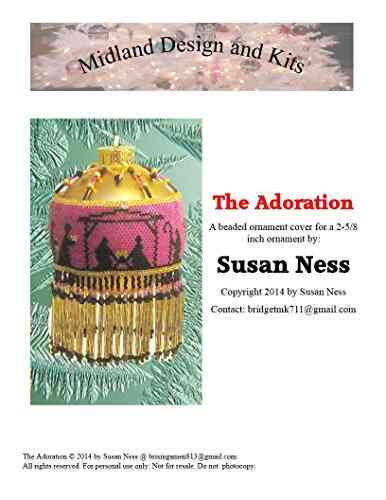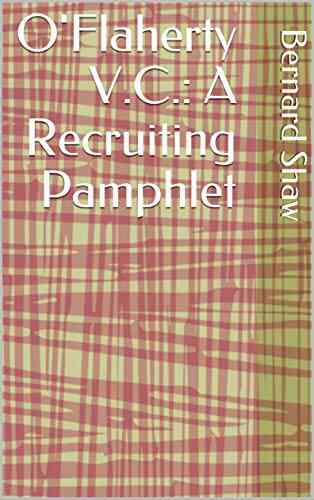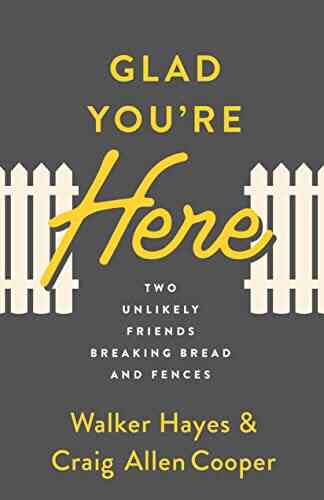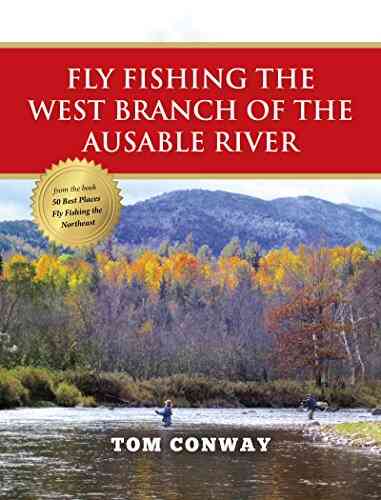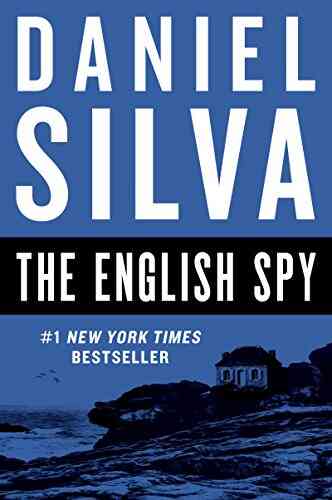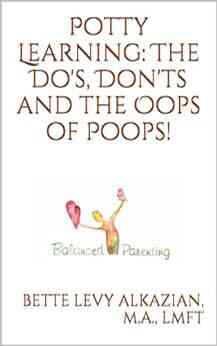Before Had The Word Poems: Unraveling the Mysteries of Early Literary Expressions

Throughout history, humans have sought ways to express their deepest emotions and experiences. Before the written word became widely accessible, ancient civilizations turned to various creative forms to convey their thoughts and stories. One such form, often overlooked, is poetry. Yes, even before the word "poems" existed as we know it today, early humans were crafting powerful verses that resonated with their communities and passed on through generations. Come, join us on a fascinating journey to explore the origins and mysteries of these ancient poetic expressions.
The Dawn of Spoken Poetry
Long before written language, poetry emerged as a way for early humans to communicate their thoughts and feelings. It was an oral tradition, where skilled storytellers would recite verse woven with rhythmic patterns and captivating melodies. These poems, passed down through generations, became a cornerstone of ancient cultures.
Imagine sitting by a crackling fire in a distant prehistoric tribe, as a skilled bard weaves a story about heroic adventures or the deep connection between humanity and nature. The rhythmic flow of words and the resonance of the storyteller's voice send shivers down your spine, immersing you in the vivid imagery painted by these ancient poetic verses.
4.1 out of 5
| Language | : | English |
| File size | : | 2697 KB |
| Text-to-Speech | : | Enabled |
| Screen Reader | : | Supported |
| Enhanced typesetting | : | Enabled |
| Print length | : | 72 pages |
| Paperback | : | 200 pages |
| Item Weight | : | 5.6 ounces |
| Dimensions | : | 5.4 x 0.5 x 8.9 inches |
| Reading age | : | Baby and up |
Interestingly, this ancient form of poetry was not limited to entertainment or storytelling. It played a crucial role in the spiritual and religious practices of early civilizations. The power of words and their ability to evoke emotions and create a sense of transcendence played a significant role in rituals and ceremonies.
Now, let's delve into some remarkable ancient civilizations that left their poetic legacy for us to decipher.
Ancient Egypt: Hieroglyphs in Verse
One of the oldest recorded civilizations, ancient Egypt, holds captivating evidence of their mighty poetic expressions. The Egyptians adorned their temples and tombs with beautifully crafted hieroglyphs, using them not only as a decorative medium but also as a poetic one.
These hieroglyphs, which combined symbols representing objects and sounds, carried deep meanings. The intricate combinations of hieroglyphs resulted in poetic verses that depicted everything from religious rituals and mythological tales to daily life and emotions.
Etched in stone, these ancient poems stood the test of time, allowing us a glimpse into the minds and hearts of the ancient Egyptians. Through them, we can trace the Egyptians' reverence for life, their belief in the afterlife, and their deep connection with the divine.
The Epic of Gilgamesh: Mesopotamian Poetry
Traveling eastward, to the ancient land of Mesopotamia, we uncover one of the earliest-known literary works: "The Epic of Gilgamesh." This epic poem, inscribed on clay tablets, holds a special place in the annals of human history.
Composed in the Akkadian language around 2000 BCE, "The Epic of Gilgamesh" narrates the epic adventures of a legendary ruler and demigod named Gilgamesh. The poem delves into existential questions, explores themes of friendship, love, and mortality, and sheds light on the social norms and cultural practices of the time.
As we unravel this ancient masterpiece, we uncover the mesmerizing poetic techniques woven into its lines. Rhythmic patterns, juxtaposition of imagery, and the deft use of metaphor transport us to a time when poetic expressions shaped societal beliefs and values.
Odyssey and Iliad: The Birth of Western Literature
Stepping into the realm of ancient Greece, we encounter the monumental works of Homer: "The Odyssey" and "The Iliad." These epic poems laid the foundation for Western literature, capturing the essence of the heroic age of ancient Greece.
Both "The Odyssey" and "The Iliad" combine oral tradition and written composition, capturing the adventures of heroes and their encounters with gods and mythical creatures. Through the power of verse, these poems explore the complexities of human nature, the fickleness of the gods, and the consequences of hubris.
The poetic genius of Homer transformed these tales into timeless masterpieces, elevating the spoken word to an art form that resonates with readers even today. The intricate use of epithets, metaphors, and extended similes adds layers of vividness and depth to these ancient poems, creating a universe of emotions and experiences.
Decoding the Ancient Poetic Forms
As we explore the poetic expressions of the ancient world, we come across a variety of forms and structures that shaped early poetry.
One such form is the epic poem, which we encountered in "The Epic of Gilgamesh," "The Odyssey," and "The Iliad." Epic poems often revolve around heroic figures and their extraordinary deeds, interweaving historical facts with mythical elements.
Lyrical poetry, on the other hand, focuses more on personal emotions and experiences, allowing the poet to express their innermost thoughts. This form can be seen in the love poems of ancient Egypt and the songs of praise found in Mesopotamia.
Didactic poetry, another popular form, aimed to instruct and educate. These poems explored ethical and moral issues, providing guidance to the readers. Ancient Indian and Chinese civilizations were renowned for their didactic poetic works.
By examining these forms, we gain a deeper appreciation for the ancient poets who used their craft to convey complex ideas, pass on cultural values, and connect with their communities.
A Legacy Beyond Words
Although the spoken poetry of ancient civilizations might not have explicitly used the word "poems," their impact on literature and human expression is undeniable.
These ancient poetic forms and their mystical power paved the way for the evolution of written language and continue to inspire poets, writers, and artists today. They remind us that even when the written word was not yet fully formed, humans found a way to pass down their stories, beliefs, and aspirations through the enchanting language of poetry.
So, the next time you encounter a poem, take a moment to appreciate the centuries-old tradition that led to its creation. Look beyond the words and explore the deep connections shared by humanity, both in the past and the present, through the enchanting world of poetry.
After all, before the word "poems" came into existence, ancient civilizations were already poets at heart, weaving verses that transcended time and language.
4.1 out of 5
| Language | : | English |
| File size | : | 2697 KB |
| Text-to-Speech | : | Enabled |
| Screen Reader | : | Supported |
| Enhanced typesetting | : | Enabled |
| Print length | : | 72 pages |
| Paperback | : | 200 pages |
| Item Weight | : | 5.6 ounces |
| Dimensions | : | 5.4 x 0.5 x 8.9 inches |
| Reading age | : | Baby and up |
The poems in Before I Had the Word explore the divine within the secular, mundane world, and often challenge the definition of holiness. Sahni uses her religious and cultural backgrounds—Sikhism and Judaism—as springboards from which to question notions of the ecstatic in nature, sexuality and the body. Religious and spiritual ways of knowing; the sacred in the mundane; how knowledge and story manifest in the body; language and how one shapes meaning, are also central to this work. Language, the speaker might argue, seeks to create meaning much in the same way religions and spiritualties do, but ultimately falls short due to the ineffability of the ecstatic experience. The book attempts to conflate, even dissolve the idea that mundane experience is separate from religious, holy experience—it all depends on how one would choose to word it. Some might use god or holy, the speaker might use elm or paper or even questions. In a book that seems more concerned with the questions rather than the answers, the speaker tries to fill absence of all kinds—cultural, sexual, etc.—with knowledge.
The poems in Before I Had the Word are exploratory, narrative-driven, and seek to challenge religious doctrine without making any accusations. Even when Sahni comes close to challenging organized religion, she still poses that interrogation as a question: “I’m not saying we should replace god with art, or am I?” The poems are unified in their mission to question rather than to answer.
Many of the poems that make up Before I Had the Word have been published in Prairie Schooner, Cimarron Review, The Missouri Review, The Cincinnati Review, Denver Quarterly, Nimrod, 32 Poems and elsewhere.
Do you want to contribute by writing guest posts on this blog?
Please contact us and send us a resume of previous articles that you have written.




















Light bulbAdvertise smarter! Our strategic ad space ensures maximum exposure. Reserve your spot today!
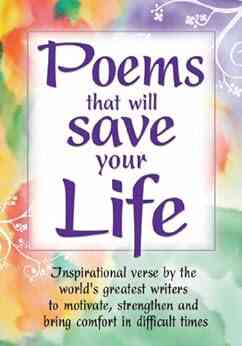
 Robert Louis StevensonInspirational Verse By The World's Greatest Writers To Motivate, Strengthen,...
Robert Louis StevensonInspirational Verse By The World's Greatest Writers To Motivate, Strengthen,...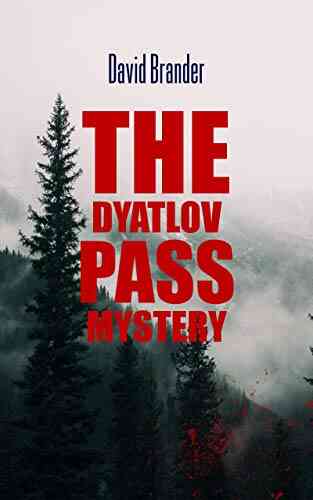
 Gabriel Garcia MarquezThe Mysterious Dyatlov Pass Incident: Unveiling the Secrets of Arkino Minus
Gabriel Garcia MarquezThe Mysterious Dyatlov Pass Incident: Unveiling the Secrets of Arkino Minus Cason CoxFollow ·18.1k
Cason CoxFollow ·18.1k Herb SimmonsFollow ·13.9k
Herb SimmonsFollow ·13.9k Colby CoxFollow ·18k
Colby CoxFollow ·18k Martin CoxFollow ·3k
Martin CoxFollow ·3k Eli BlairFollow ·3.6k
Eli BlairFollow ·3.6k Jeffrey HayesFollow ·19.8k
Jeffrey HayesFollow ·19.8k Branson CarterFollow ·9.6k
Branson CarterFollow ·9.6k Walt WhitmanFollow ·7.4k
Walt WhitmanFollow ·7.4k
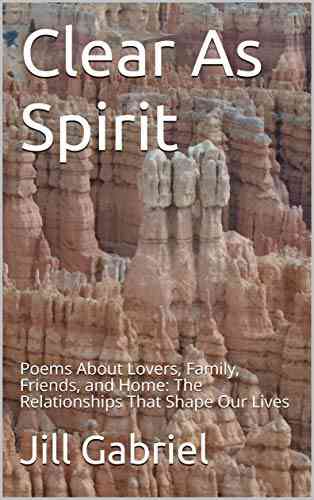
 Fletcher Mitchell
Fletcher MitchellPoems About Lovers, Family, Friends And Home -...
Poetry has always been a powerful...
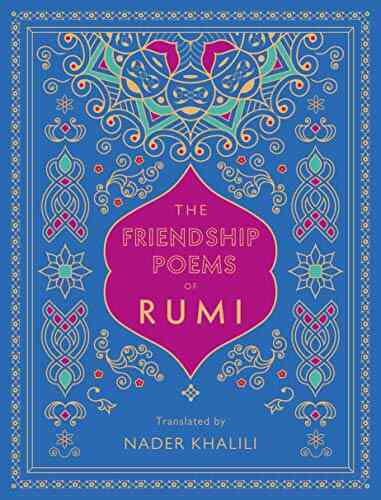
 Darius Cox
Darius CoxThe Friendship Poems Of Rumi: Discover the Timeless...
Friendship is a sacred bond that...
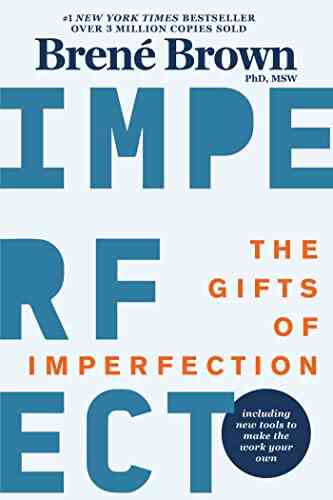
 Gordon Cox
Gordon CoxLet Go Of Who You Think You're Supposed To Be And Embrace...
Have you ever felt like you were living a...
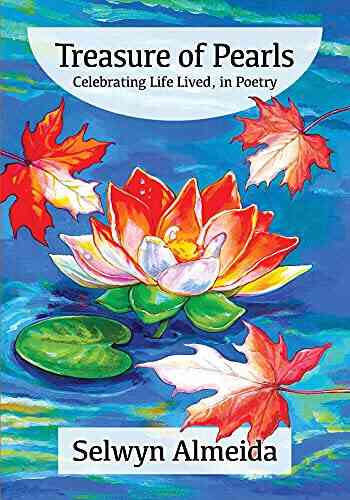
 Truman Capote
Truman CapoteTreasure Of Pearls Celebrating Life Lived In Poetry:...
Life is a wondrous journey, filled with...
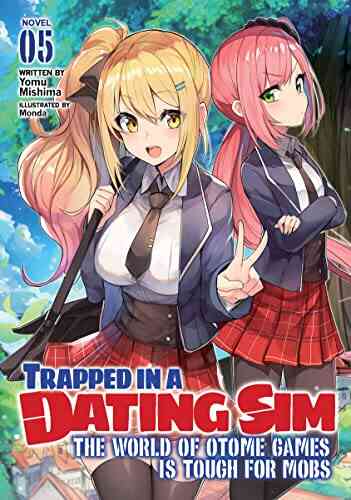
 Jaime Mitchell
Jaime MitchellThe World Of Otome Games Is Tough For Mobs: An Epic...
Welcome to the magnificent realm of...
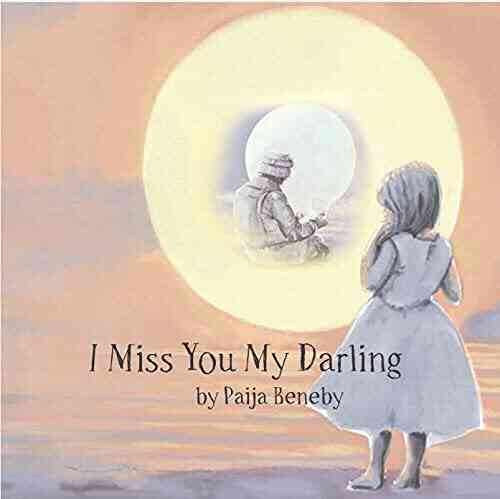
 Jules Verne
Jules VerneMiss You My Darling - The Powerful Emotions of Longing
Do you ever find yourself longing for...
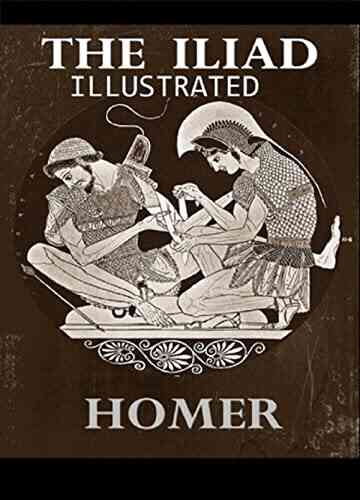
 F. Scott Fitzgerald
F. Scott FitzgeraldThe Iliad of Homer Illustrated Edition: A Timeless Epic...
The Iliad of Homer is a captivating tale...
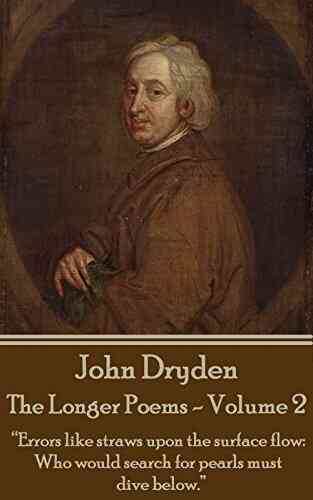
 Gene Powell
Gene PowellWho Would Search For Pearls Must Dive Below
The Ultimate...

 Bret Mitchell
Bret MitchellHow To Create Animated And Professional Videos Using...
Apple Keynote is not just limited to...

 Caleb Long
Caleb LongThe Incredible World of Aromatic Herbs: Unveiling their...
Are you looking to add a burst of flavor...
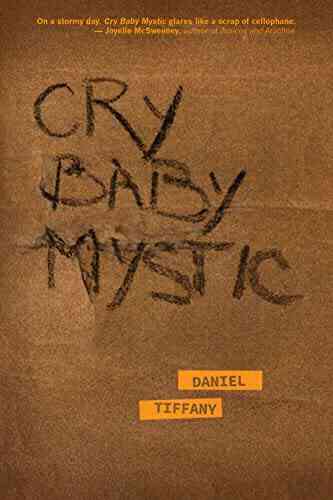
 Charlie Scott
Charlie ScottCry Baby Mystic Free Verse Editions: Embracing Emotions...
Poetry has long been a means of...
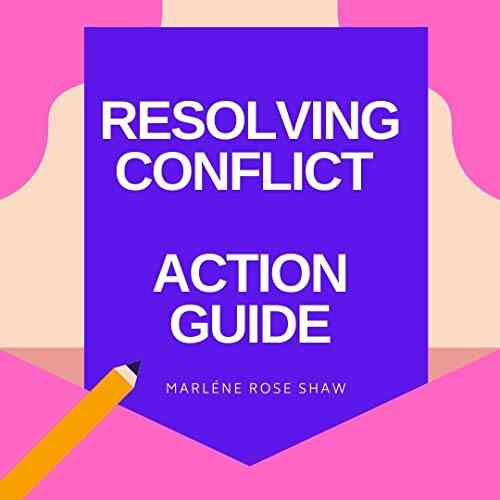
 Kendall Ward
Kendall WardThe Ultimate Action Guide For Resolving Conflict: Expert...
Conflict is an inevitable part...
4.1 out of 5
| Language | : | English |
| File size | : | 2697 KB |
| Text-to-Speech | : | Enabled |
| Screen Reader | : | Supported |
| Enhanced typesetting | : | Enabled |
| Print length | : | 72 pages |
| Paperback | : | 200 pages |
| Item Weight | : | 5.6 ounces |
| Dimensions | : | 5.4 x 0.5 x 8.9 inches |
| Reading age | : | Baby and up |


